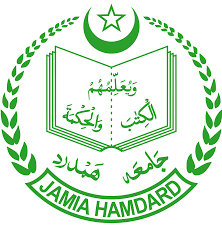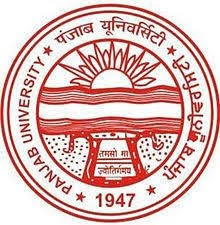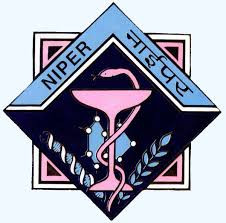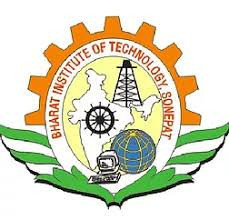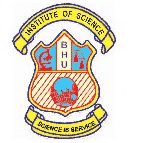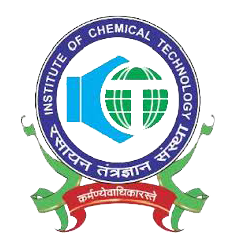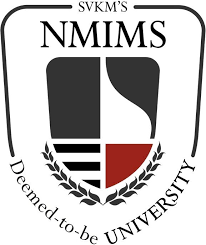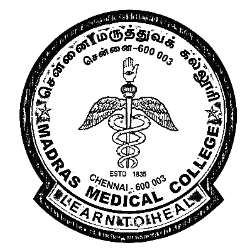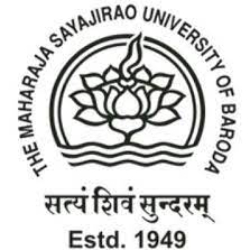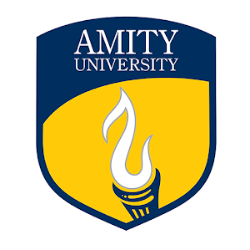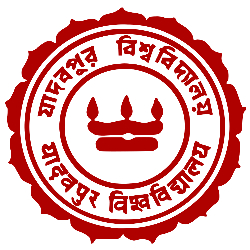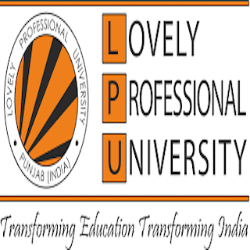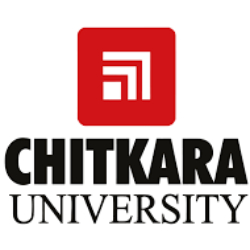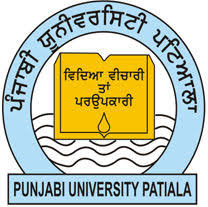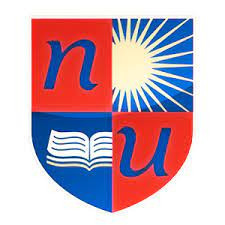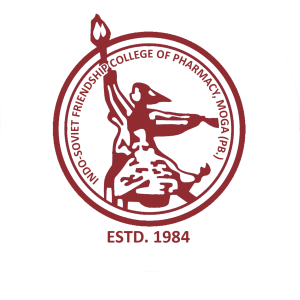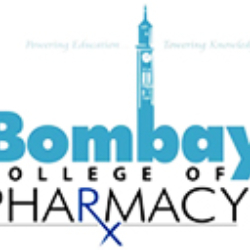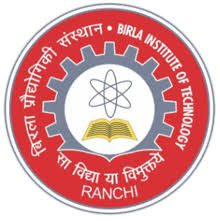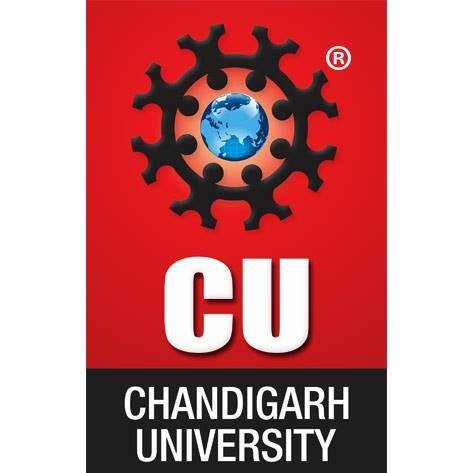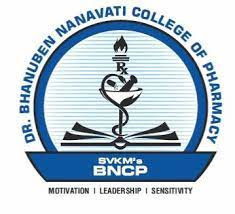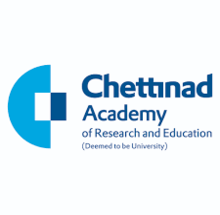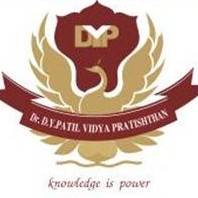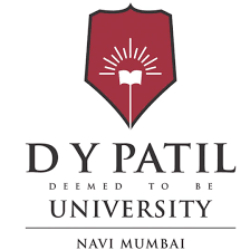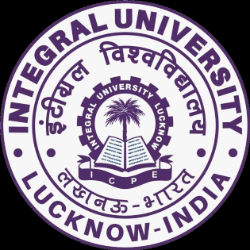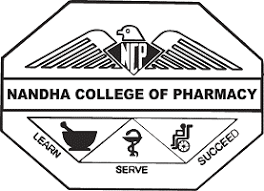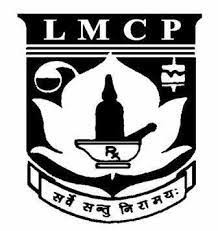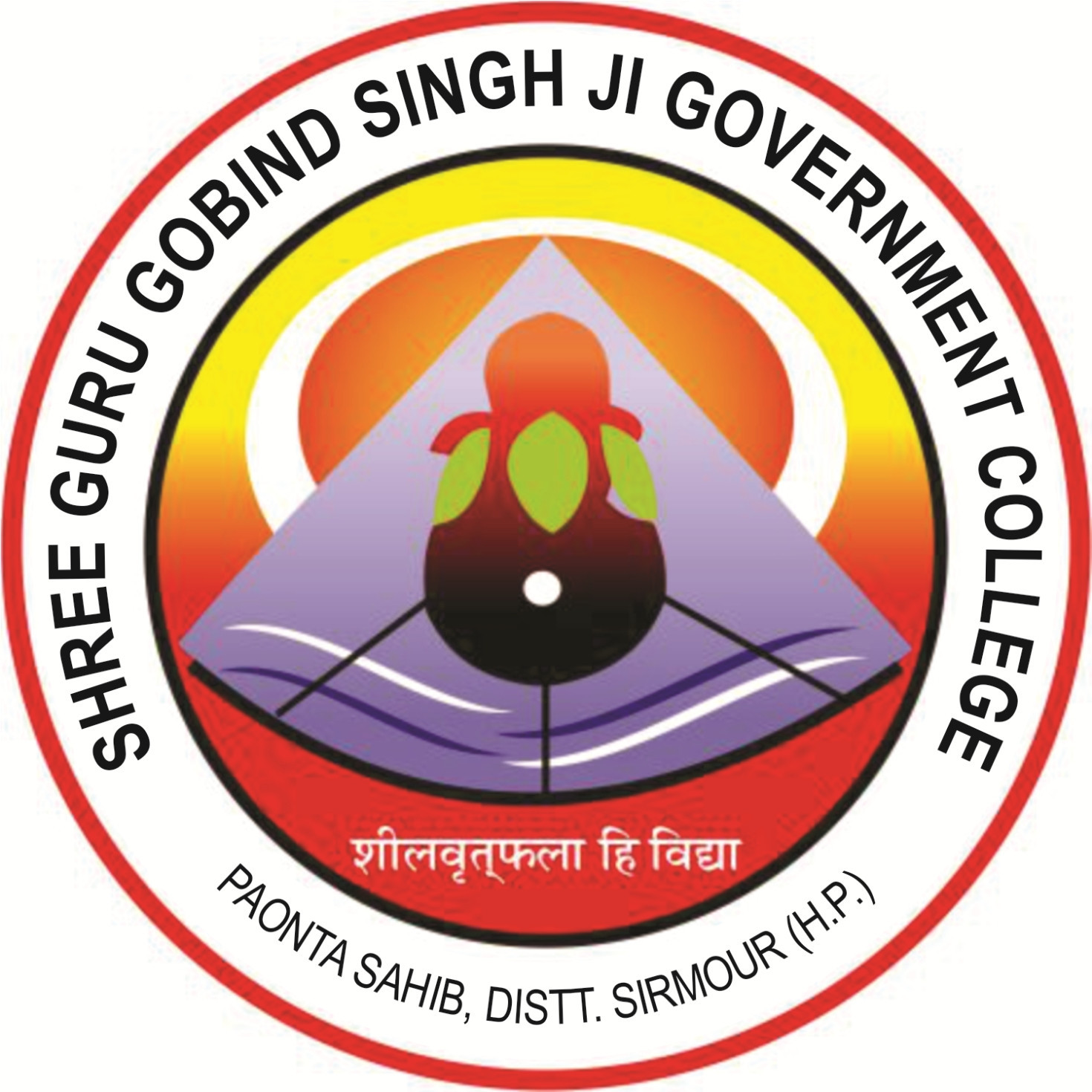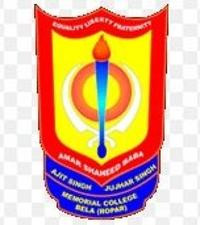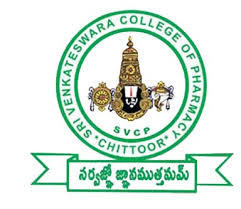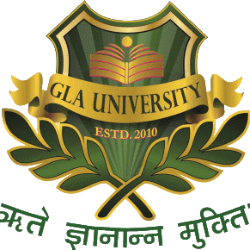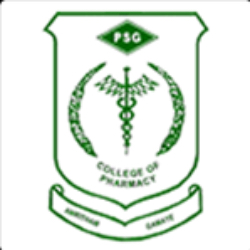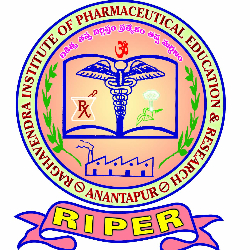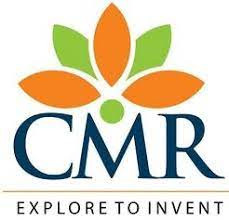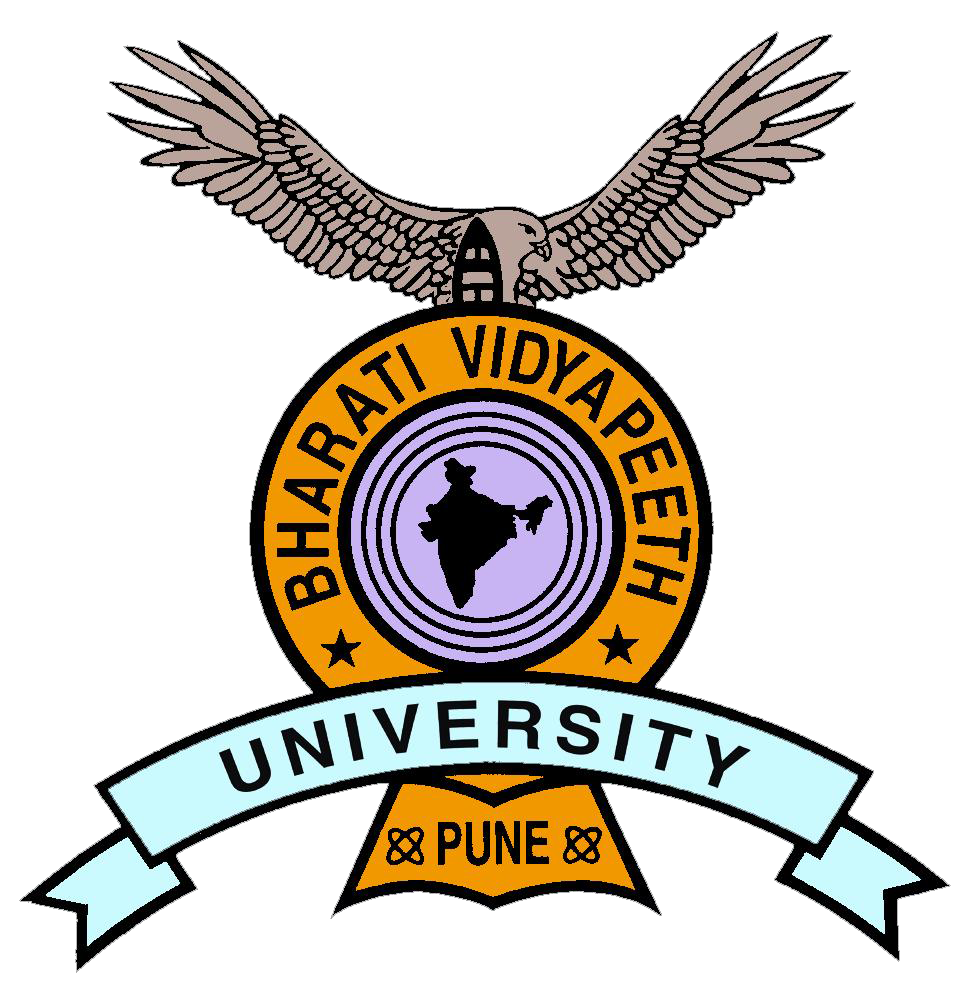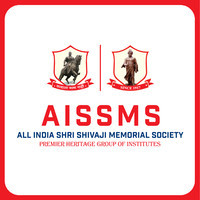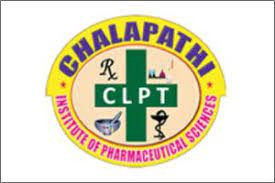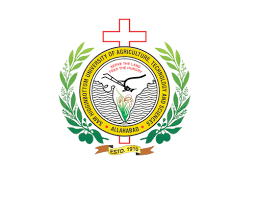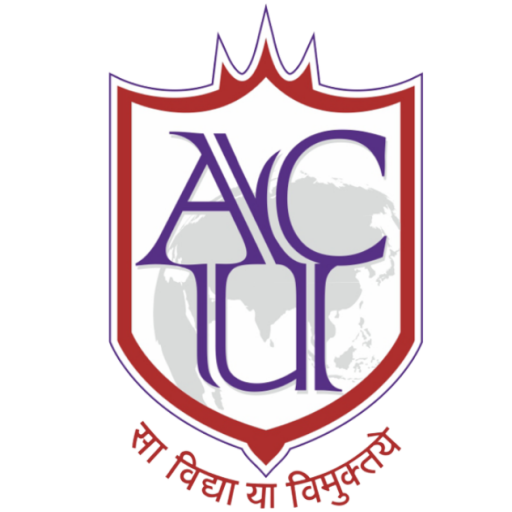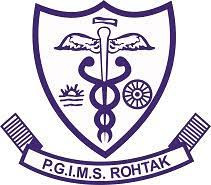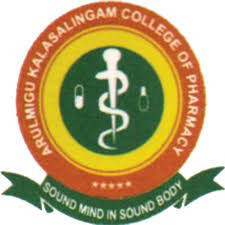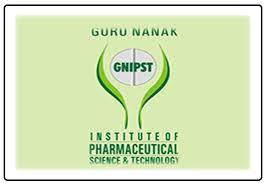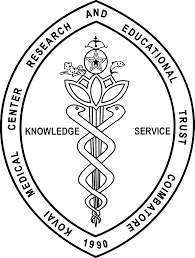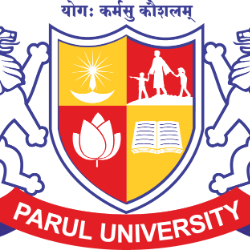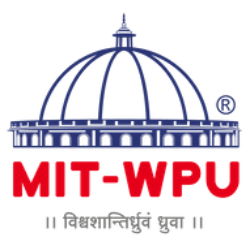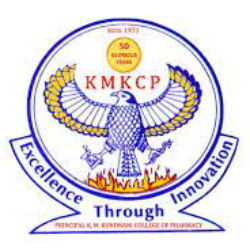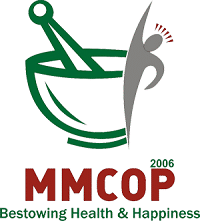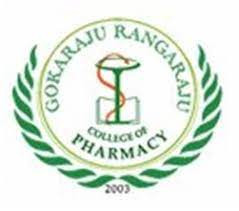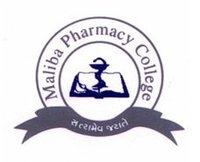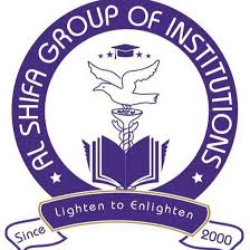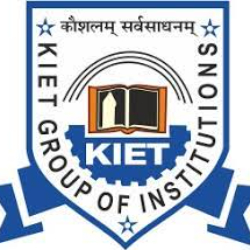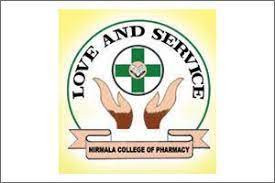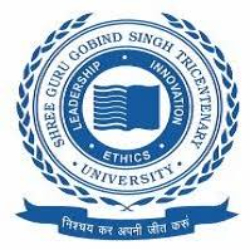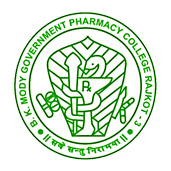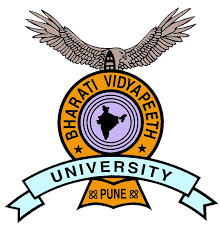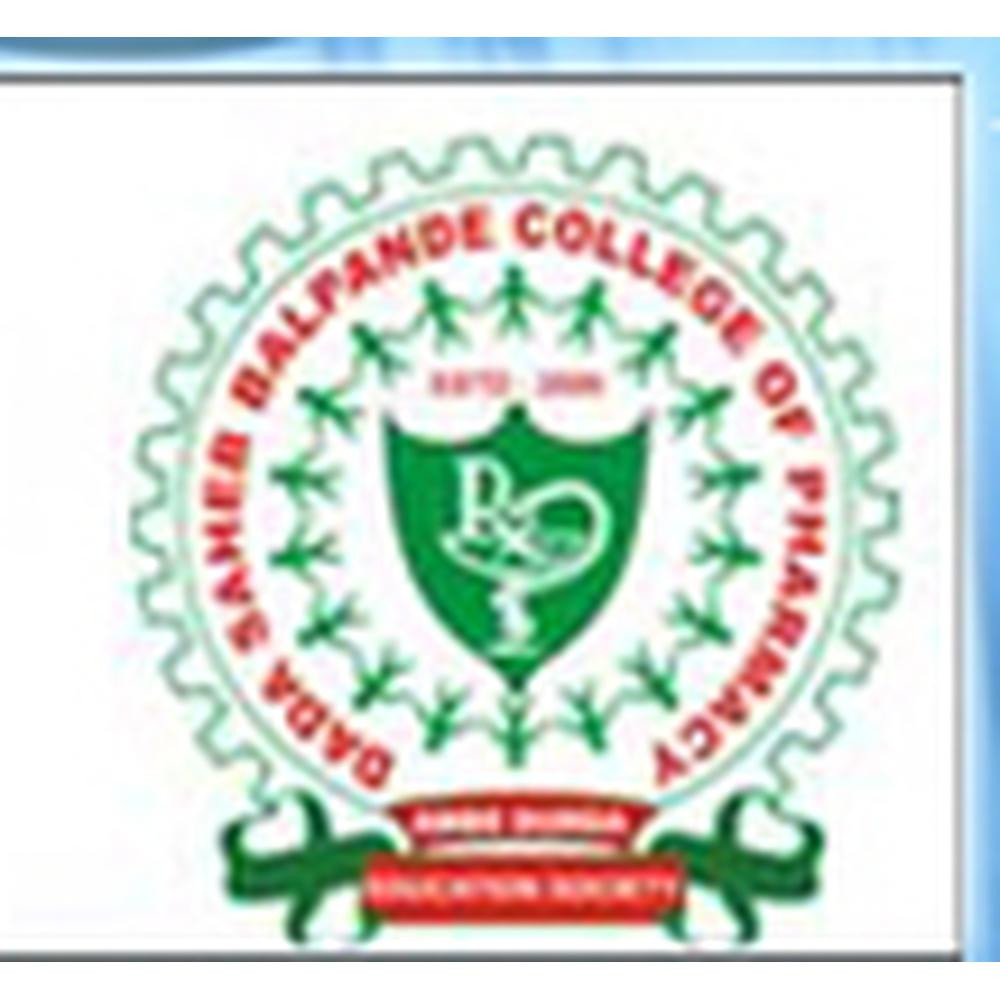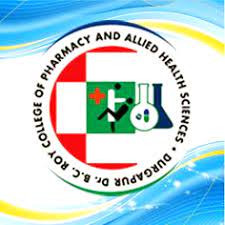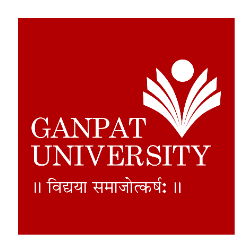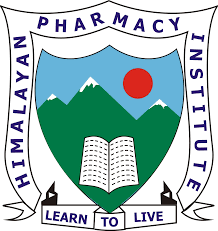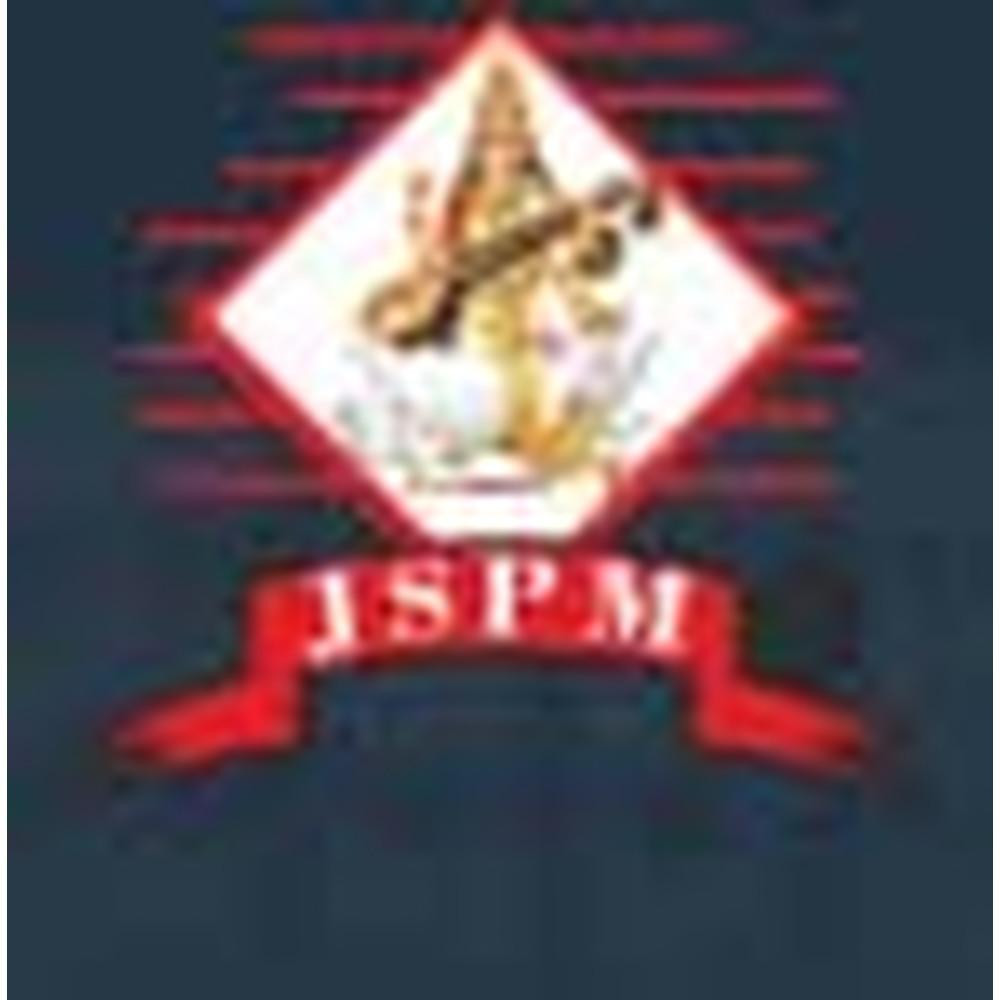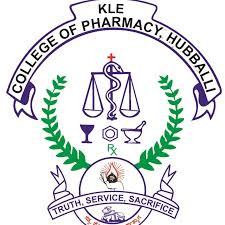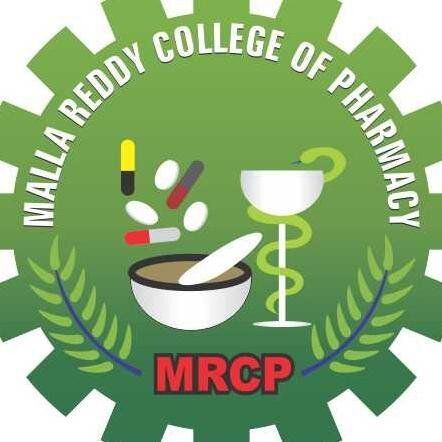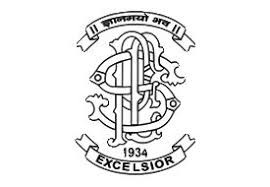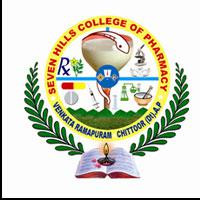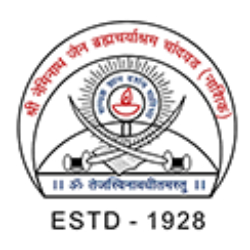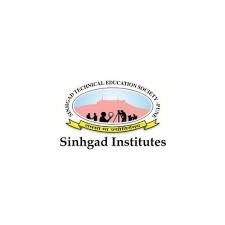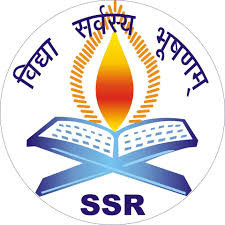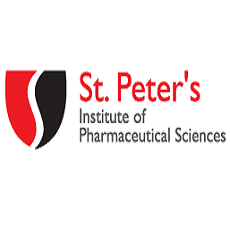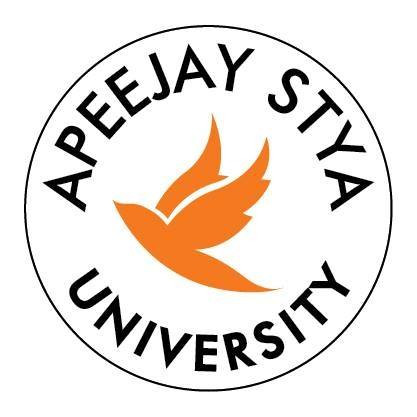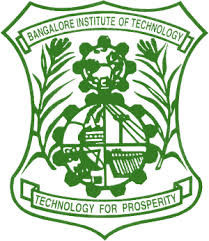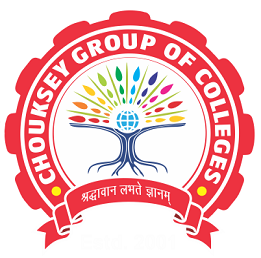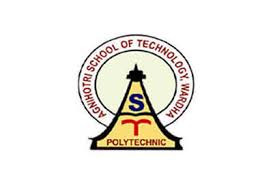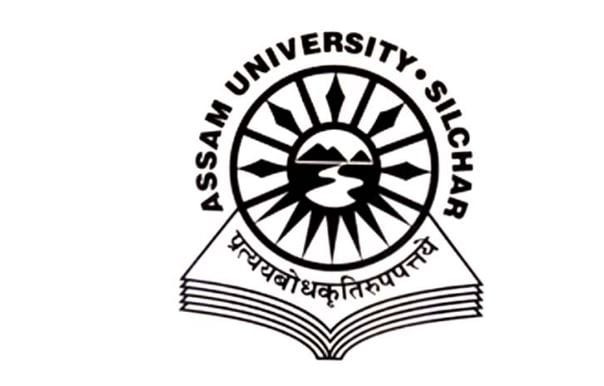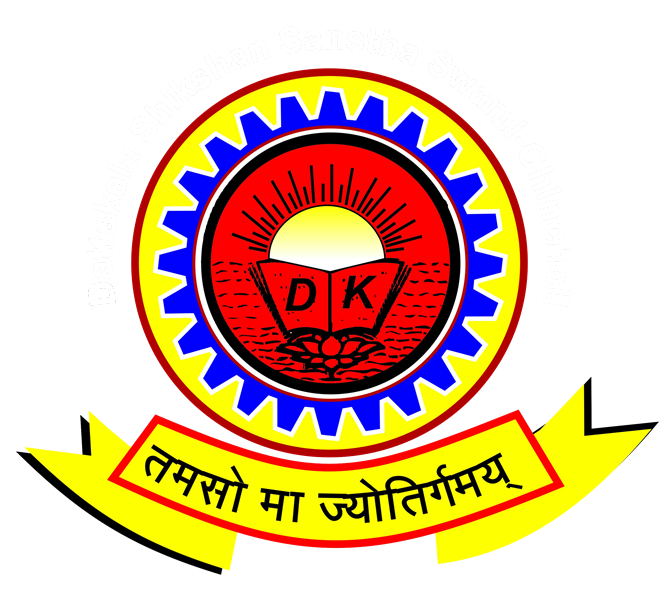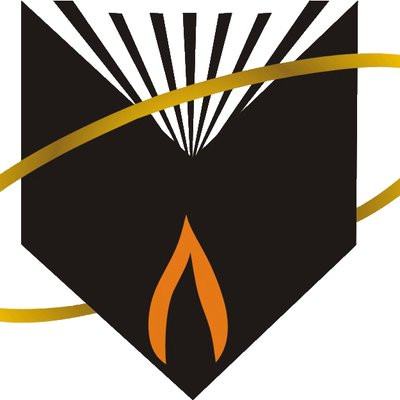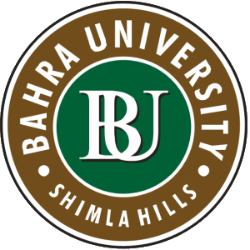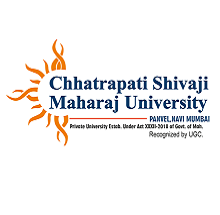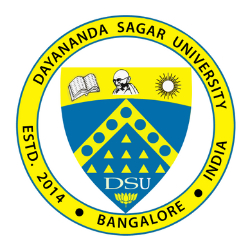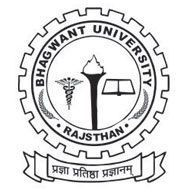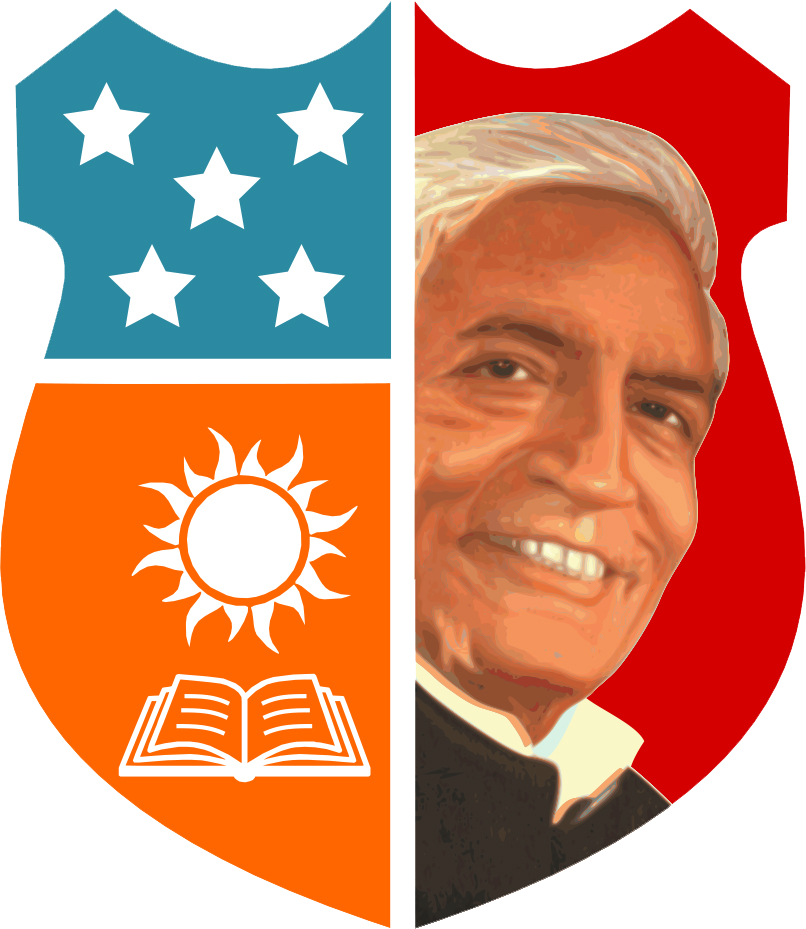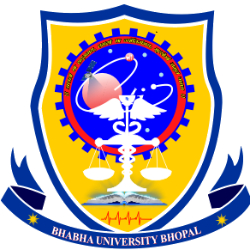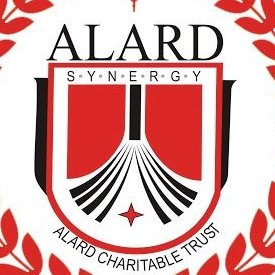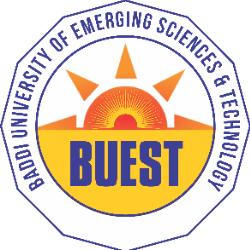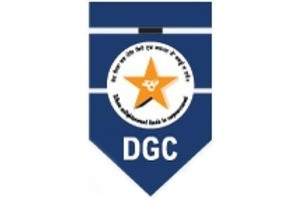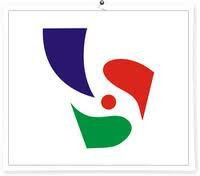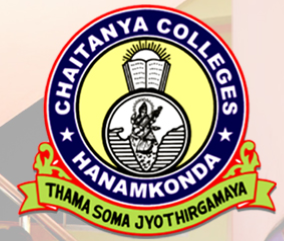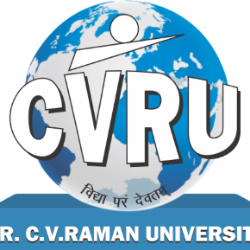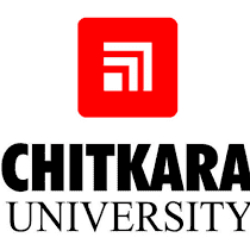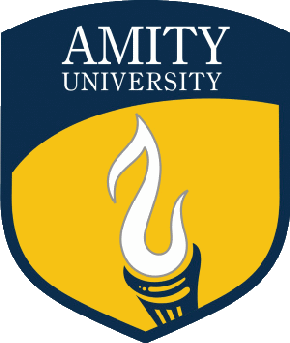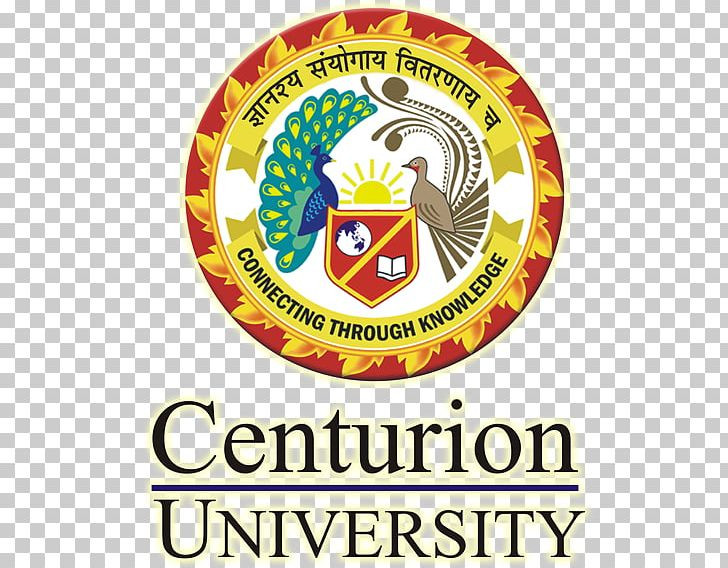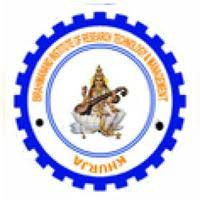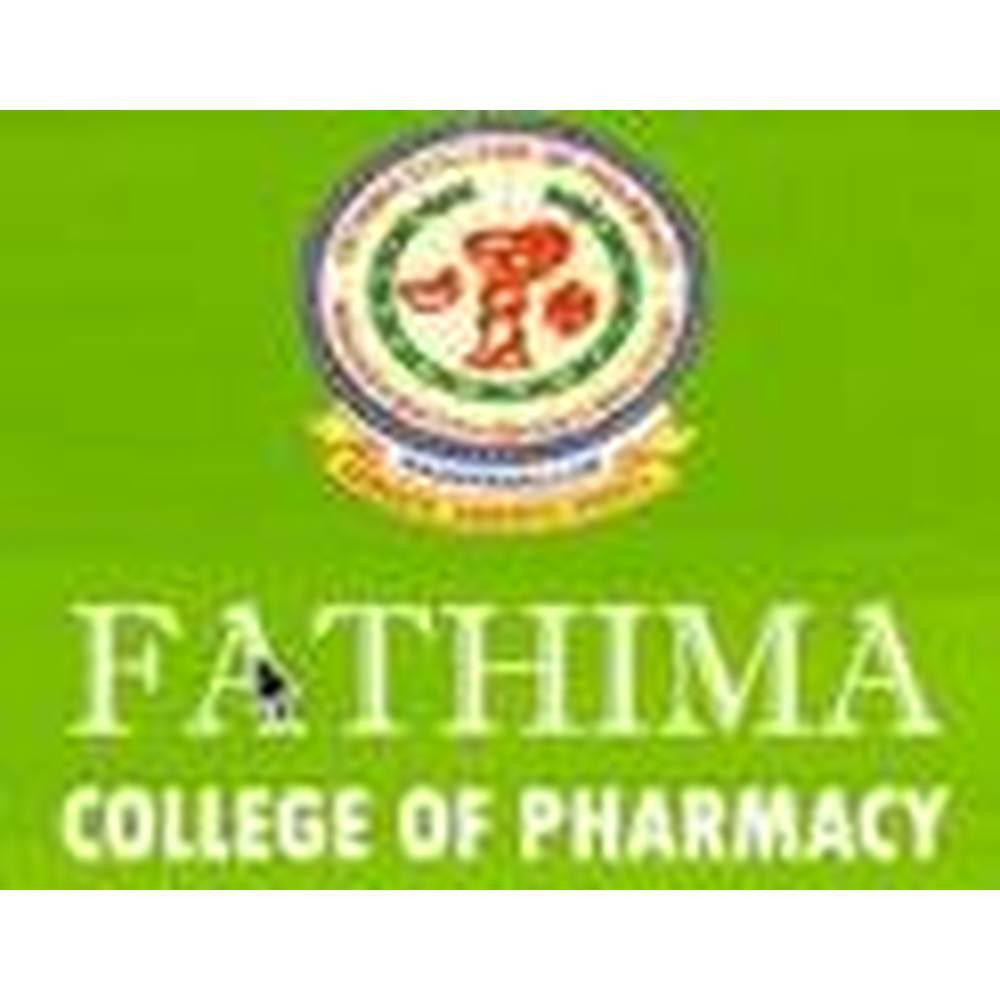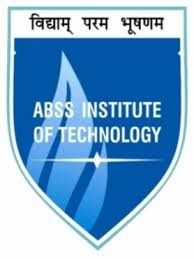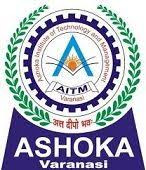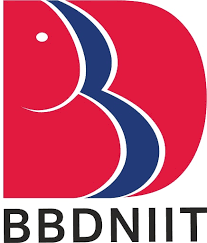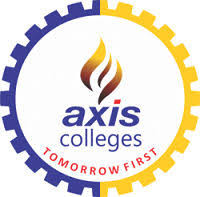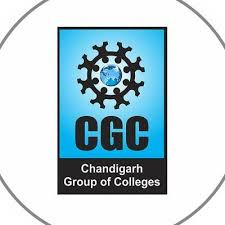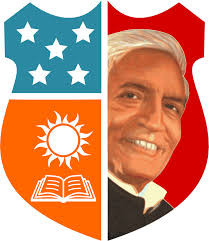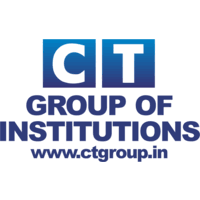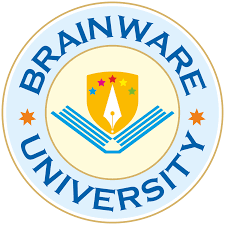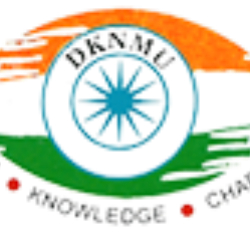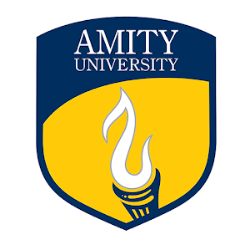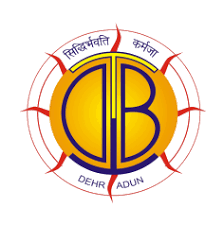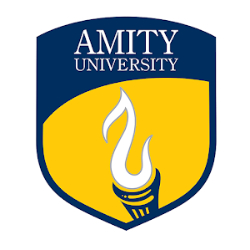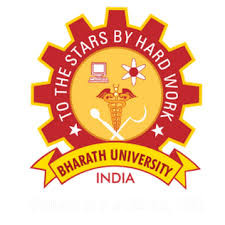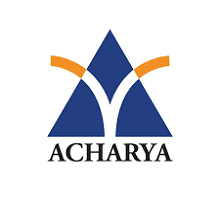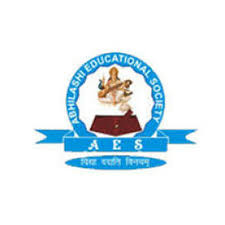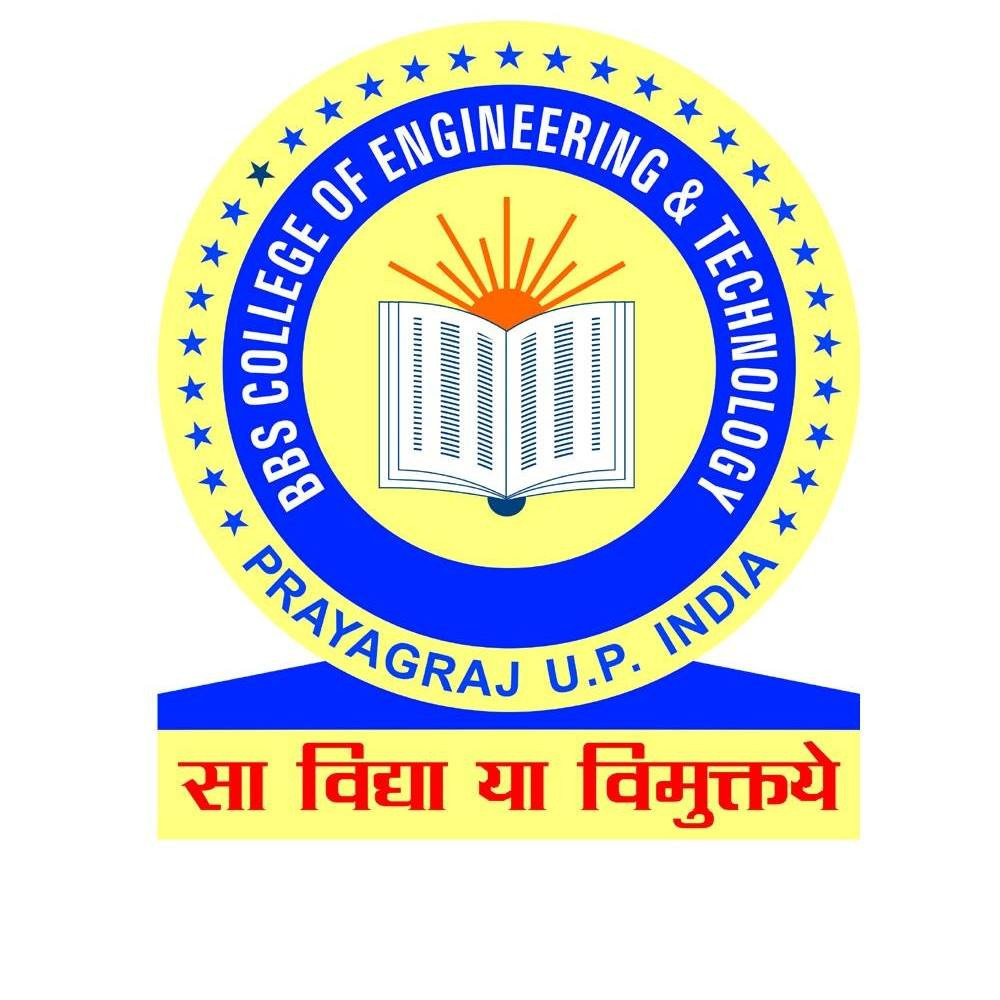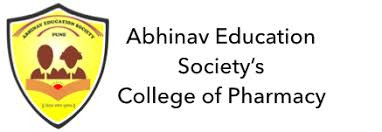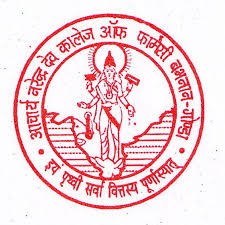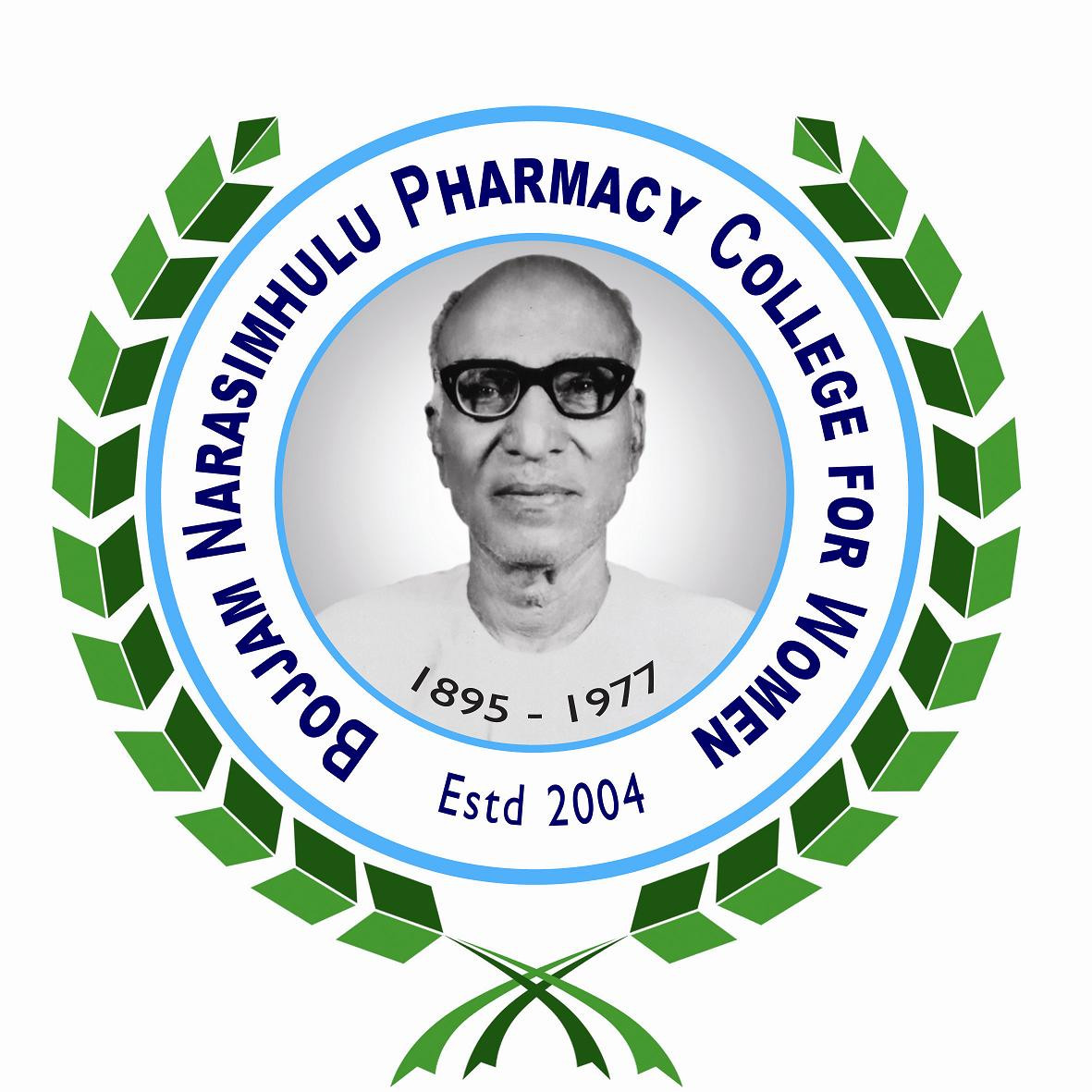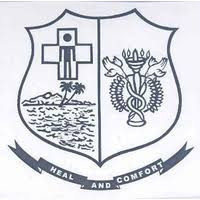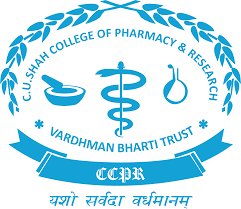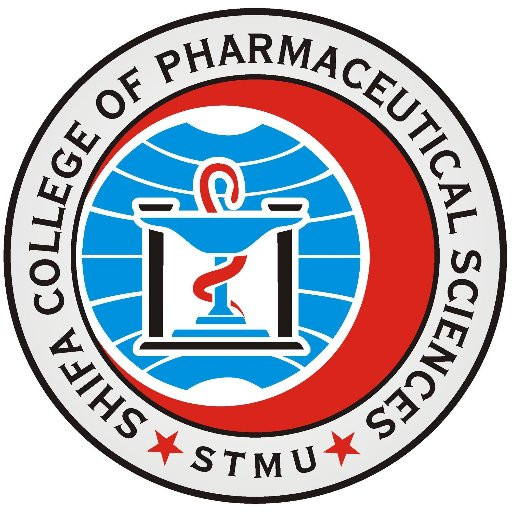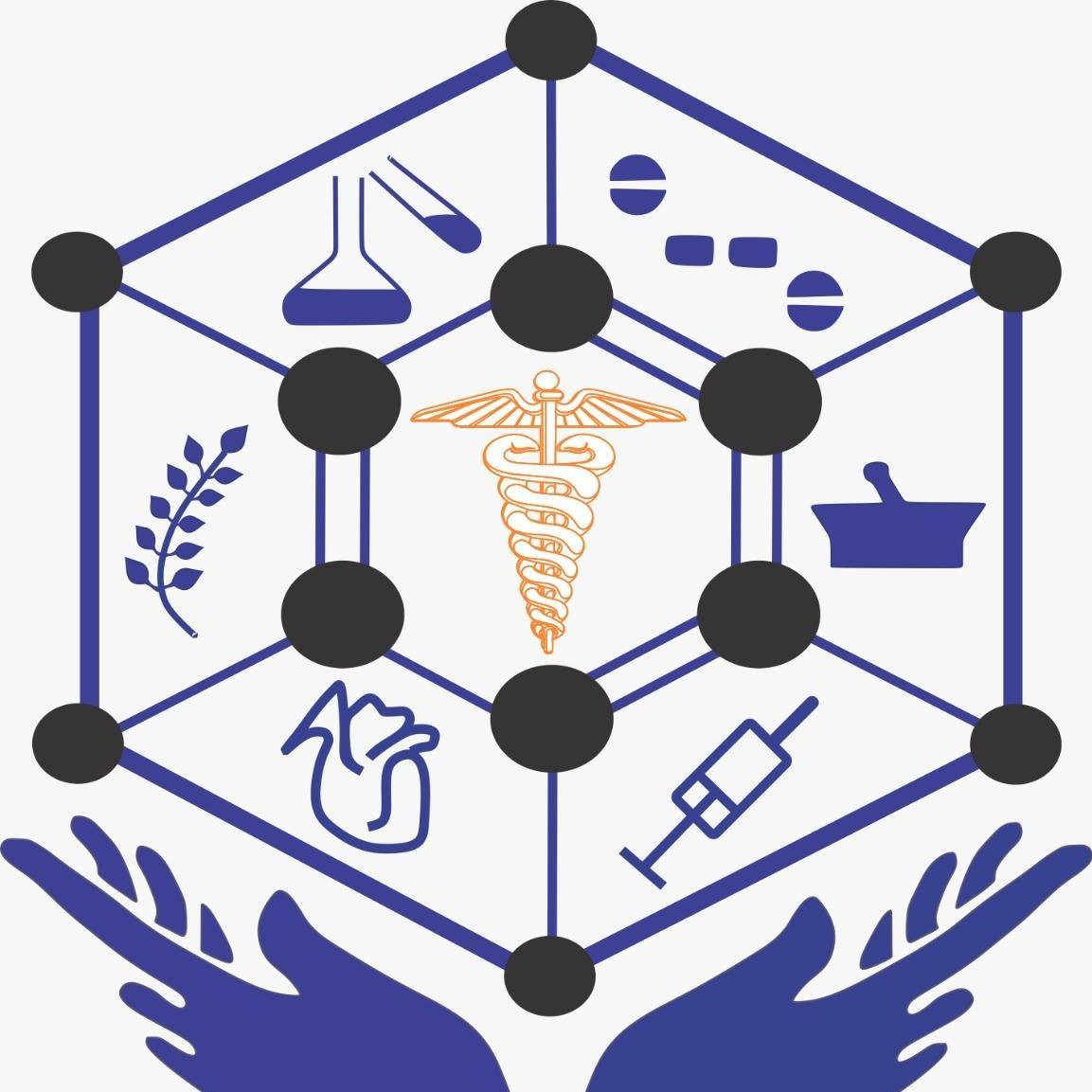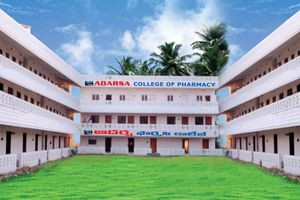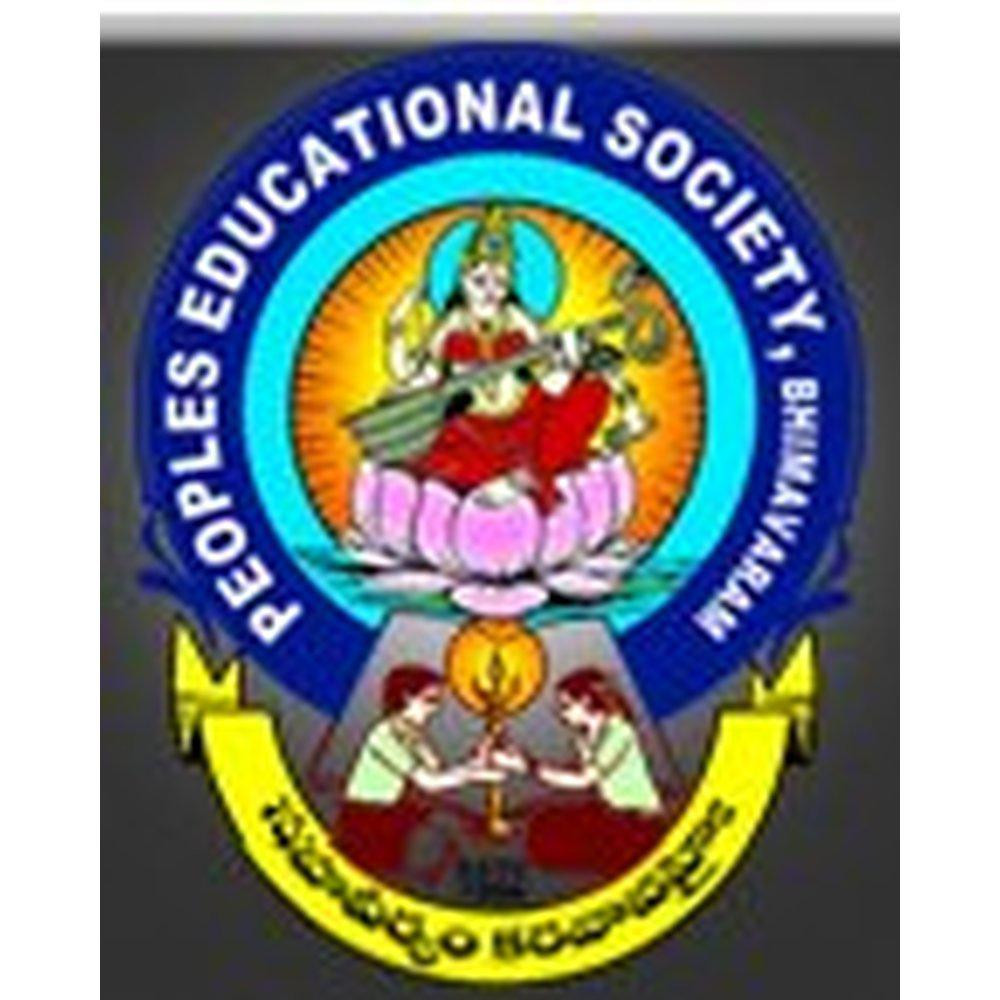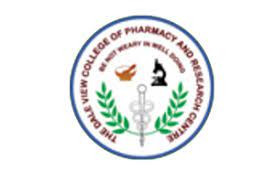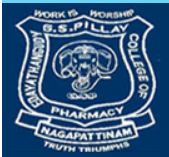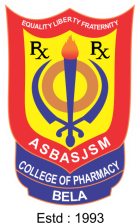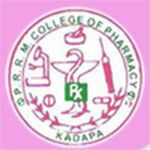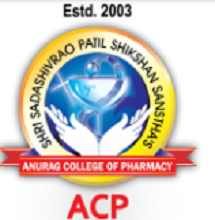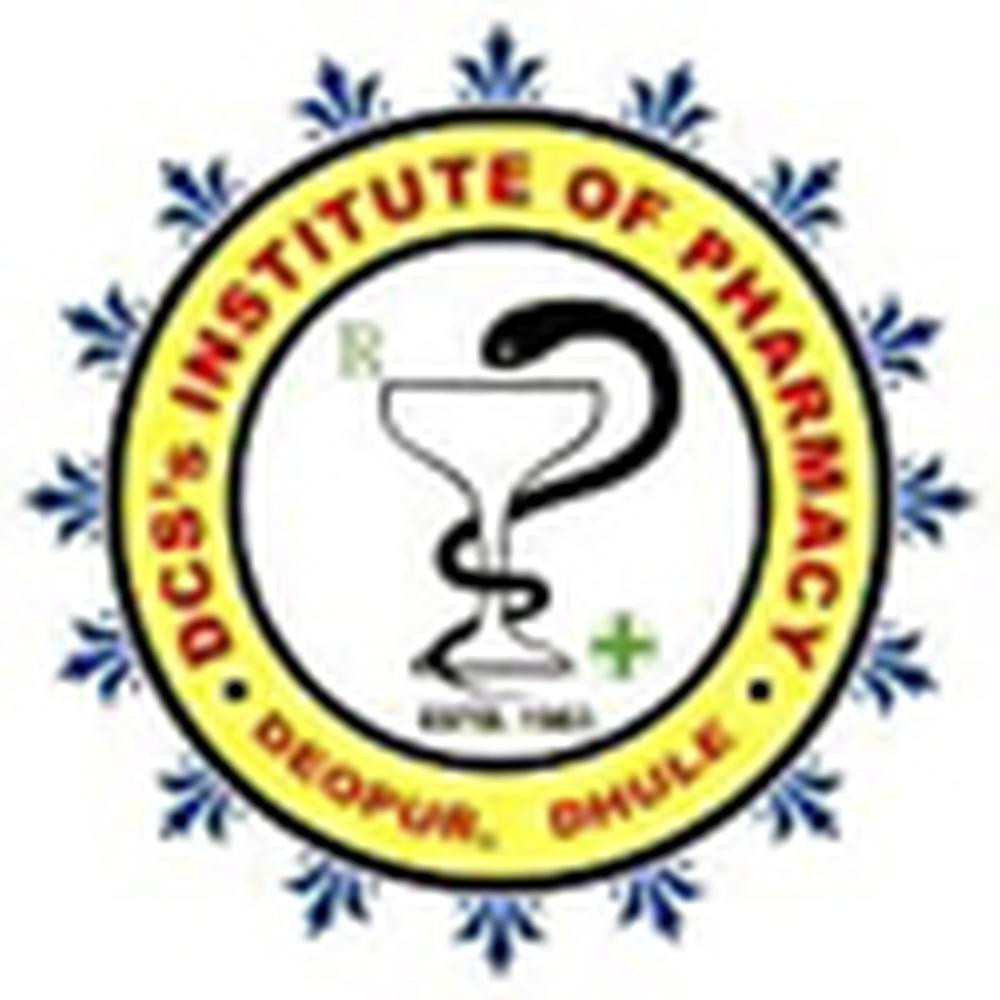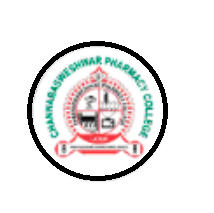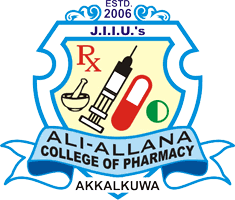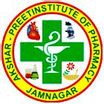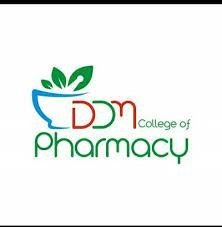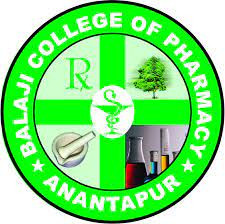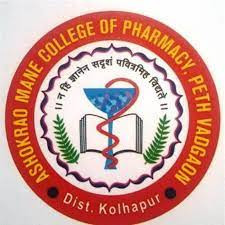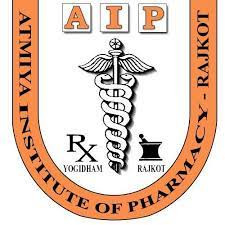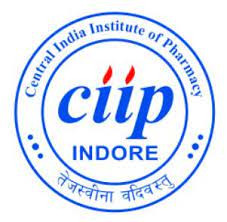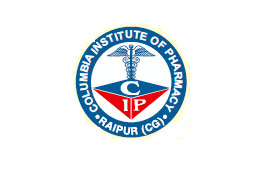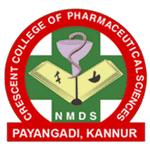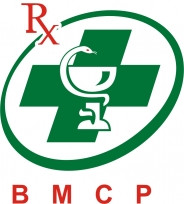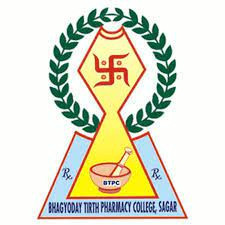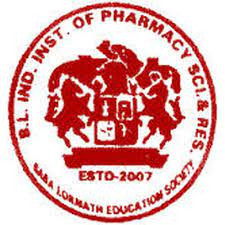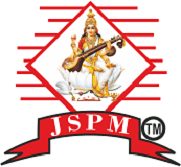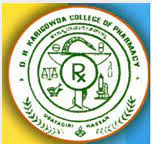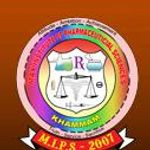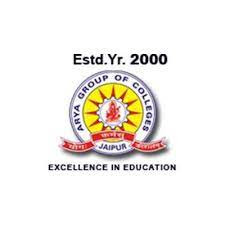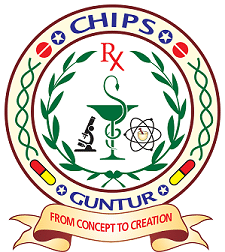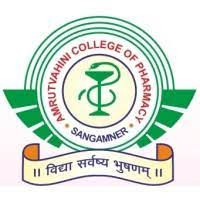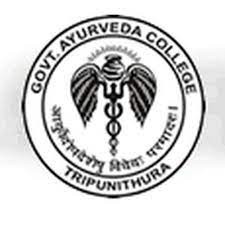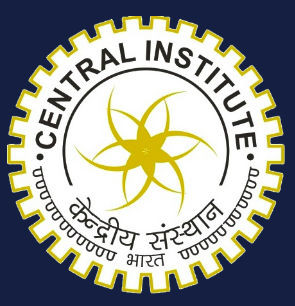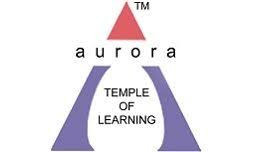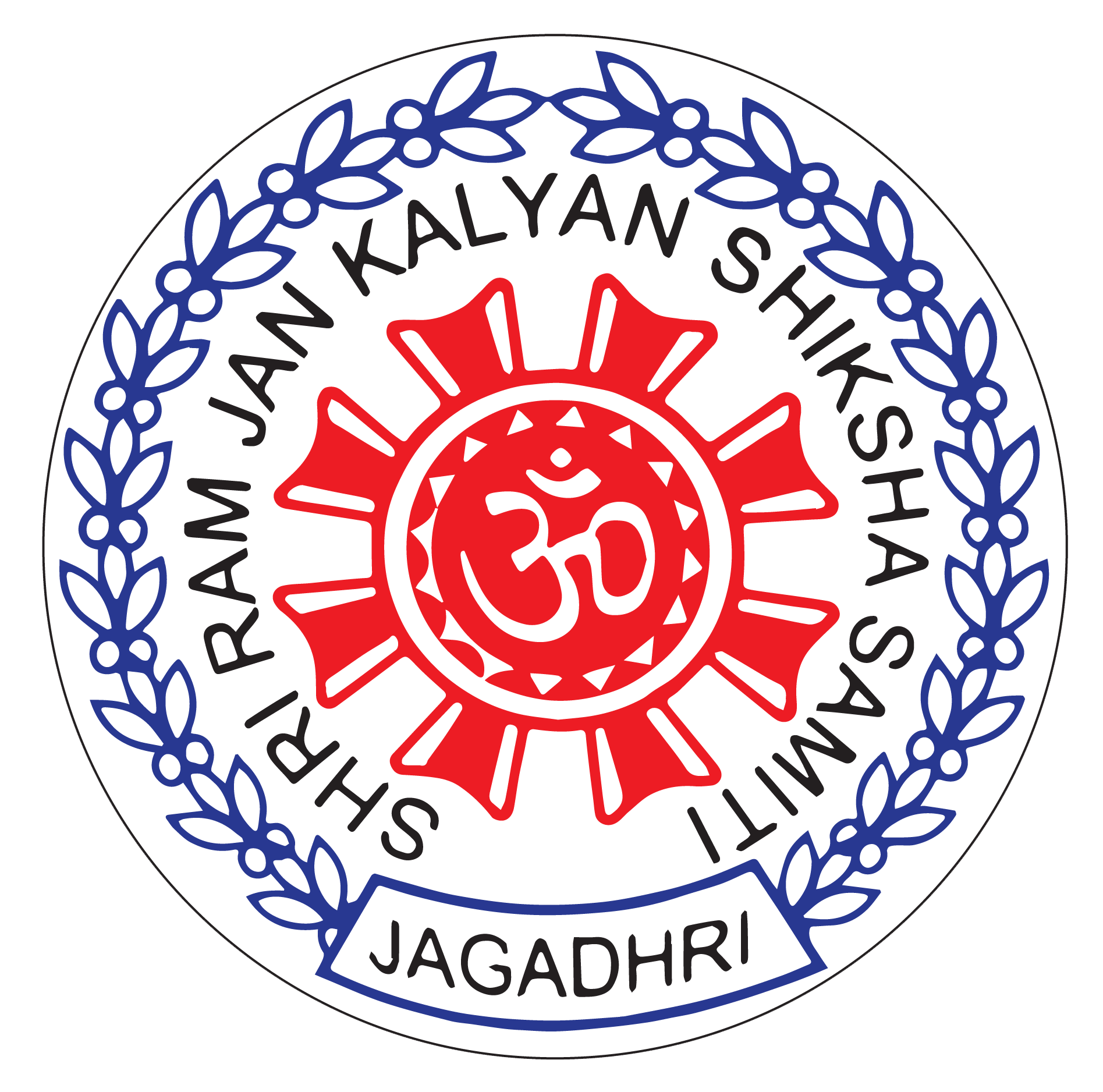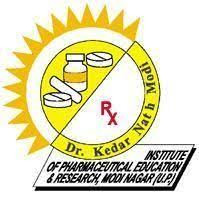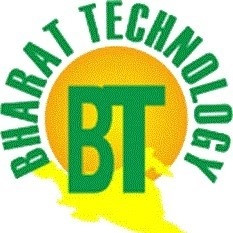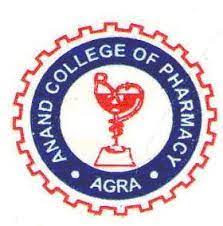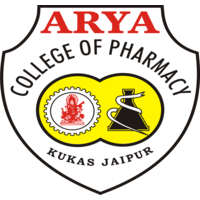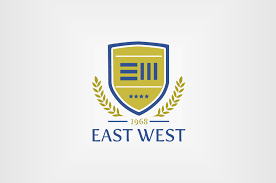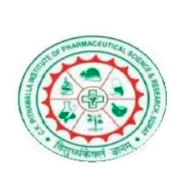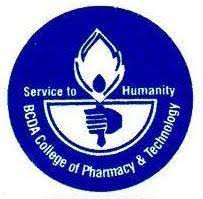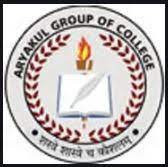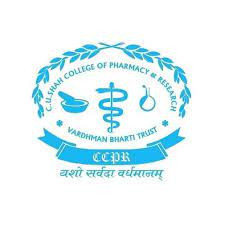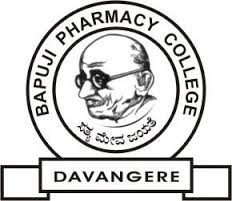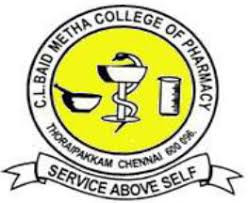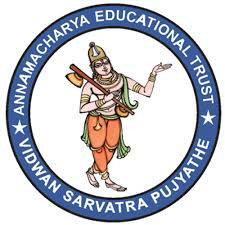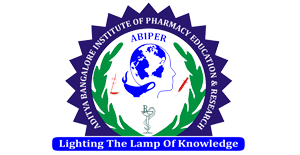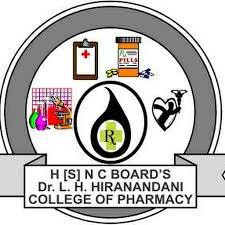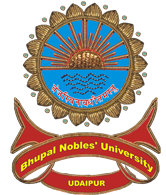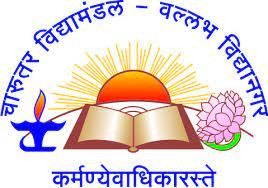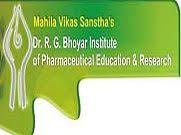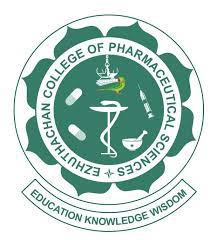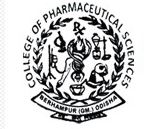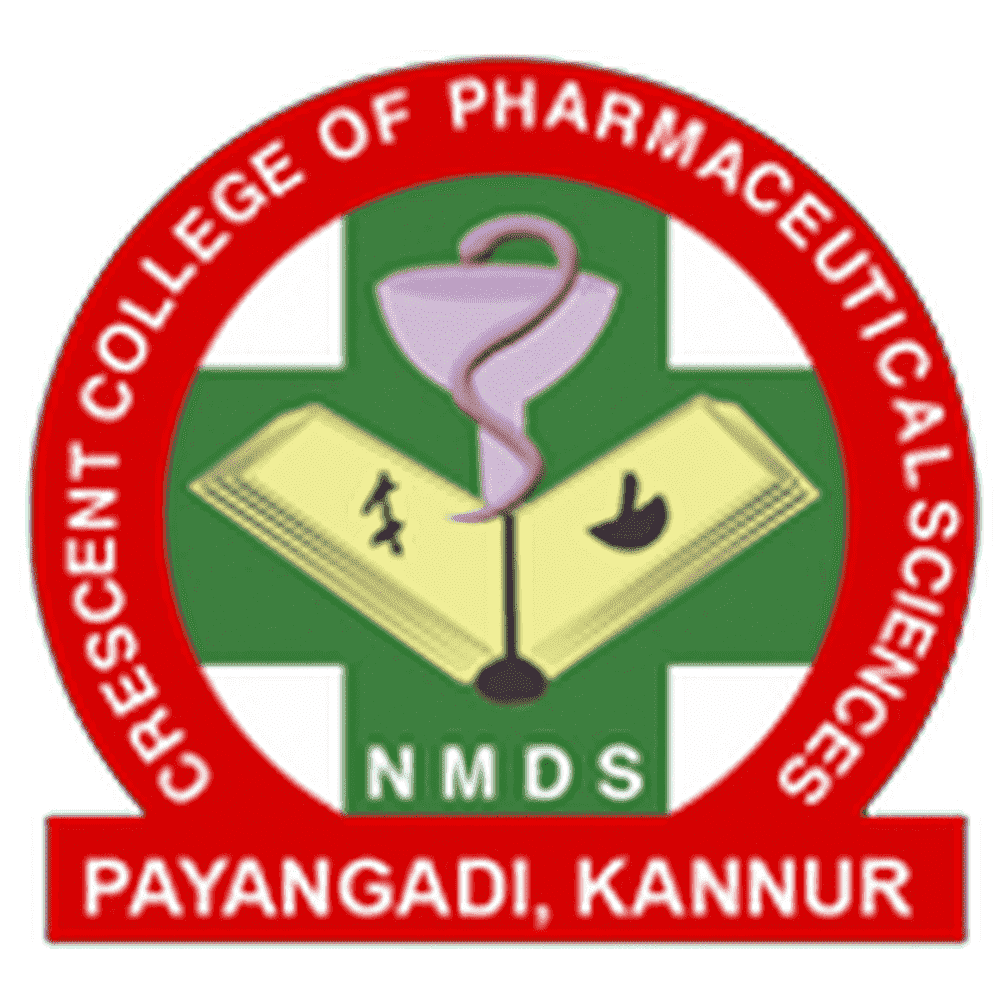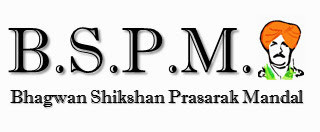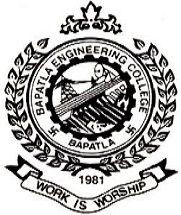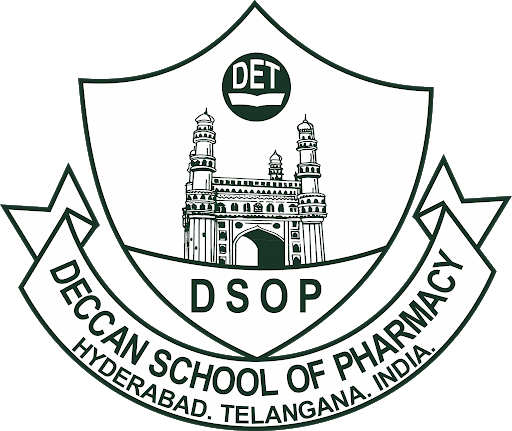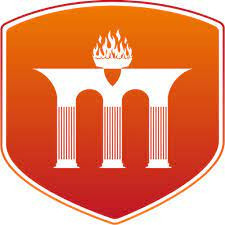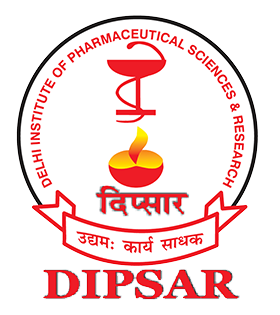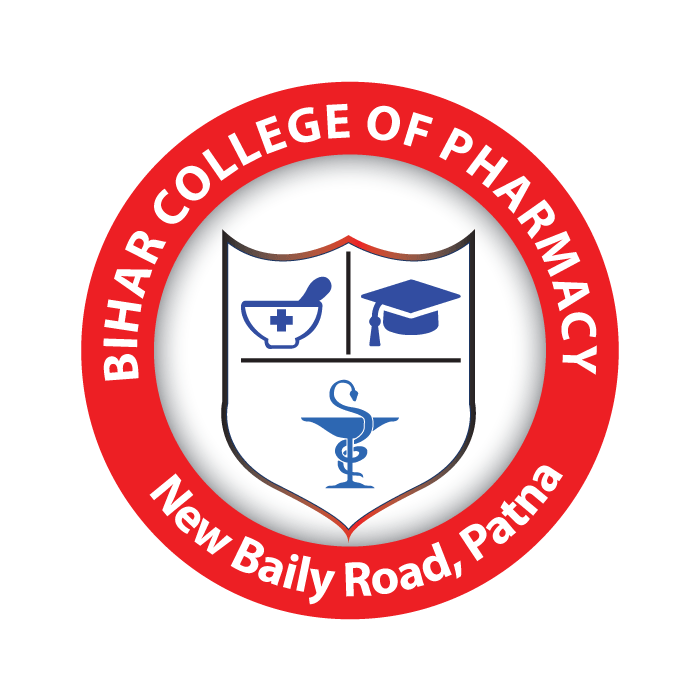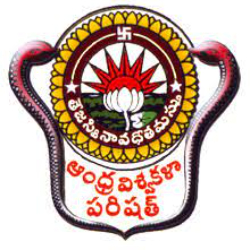Highlights: -
|
Degree Name |
Bachelor of Pharmacy |
|
Level |
Undergraduate |
|
Duration of the course |
4 years |
|
Eligibility |
12th in PCM/B with minimum 50% Aggregate marks |
|
Education mode |
Full-time |
|
Admission Process |
Merit and Entrance Exams |
|
Entrance Exams |
NEET UG, MHTCET, CUET APEAMCET, state CET, KEAM. |
|
Fees of the course |
Rs 2,000 - Rs 7.00 Lakhs |
Eligibility Criteria: -
- Candidates must complete 12th with Biology from a recognised board.
- Candidates must have secured a minimum of 50% aggregate marks.
- Candidates must clear the cut off of the entrance exam for admission in B.Pharm.
Syllabus for B.Pharm:
The B.Pharm syllabus will vary from college to college, but the course aims and subjects shall remain the same; the subject distribution over the syllabus may differ, but the study matter remains consistent. Nevertheless, candidates should check the official website to know the complete syllabus. Here is a general guide to B.Pharm syllabus design, as commonly followed by Indian colleges:
|
Semester 1 |
Semester 2 |
|
Human Anatomy and Physiology I– Theory and Practical |
Human Anatomy and Physiology II – Theory and Practical |
|
Pharmaceutical Analysis I – Theory and Practical |
Pharmaceutical Organic Chemistry I – Theory and Practical |
|
Pharmaceutics I – Theory and Practical |
Biochemistry – Theory and Practical |
|
Pharmaceutical Inorganic Chemistry – Theory and Practical |
Pathophysiology – Theory |
|
Communication skills – Theory and Practical |
Computer Applications in Pharmacy – Theory and Practical |
|
Remedial Biology/ Remedial Mathematics – Theory and Practical |
Environmental sciences – Theory |
|
Semester 3 |
Semester 4 |
|
Pharmaceutical Organic Chemistry II – Theory and Practical |
Pharmaceutical Organic Chemistry III– Theory |
|
Physical Pharmaceutics I – Theory and Practical |
Medicinal Chemistry I – Theory and Practical |
|
Pharmaceutical Microbiology – Theory and Practical |
Physical Pharmaceutics II – Theory and Practical |
|
Pharmaceutical Engineering – Theory and Practical |
Pharmacology I – Theory and Practical |
|
|
Pharmacognosy and Phytochemistry I– Theory and Practical |
|
Semester 5 |
Semester 6 |
|
Medicinal Chemistry II – Theory |
Medicinal Chemistry III – Theory and Practical |
|
Industrial Pharmacy I– Theory and Practical |
Pharmacology III – Theory and Practical |
|
Pharmacology II – Theory and Practical |
Herbal Drug Technology – Theory and Practical |
|
Pharmacognosy and Phytochemistry II– Theory and Practical |
Biopharmaceutics and Pharmacokinetics – Theory |
|
Pharmaceutical Jurisprudence – Theory |
Pharmaceutical Biotechnology – Theory |
|
|
Quality Assurance –Theory |
|
Semester 7 |
Semester 8 |
|
Instrumental Methods of Analysis – Theory and Practical |
Biostatistics and Research Methodology |
|
Industrial Pharmacy II – Theory |
Social and Preventive Pharmacy |
|
Pharmacy Practice – Theory |
Pharm Marketing Management |
|
Novel Drug Delivery System – Theory |
Pharmaceutical Regulatory Science |
|
Practice School |
Pharmacovigilance |
|
- |
Quality Control and Standardisation of Herbals |
|
- |
Computer Aided Drug Design |
|
- |
Cell and Molecular Biology |
|
- |
Cosmetic Science |
|
- |
Experimental Pharmacology |
|
- |
Advanced Instrumentation Techniques |
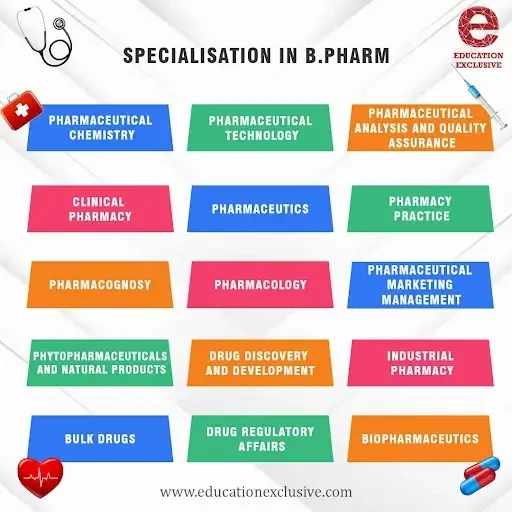
Further studies after B.Pharm: -
- M.Pharm.
- Certification Courses.: - Clinical Research, Pharmacovigilance, Regulatory Affairs, Hospital Pharmacy Practice, Industrial Pharmacy, Drug Regulatory Affairs, Pharmacy Management, and Pharmacy Practice.
- Short-Term Training Programs.

FAQs
- Is B.Pharm a good course?
It is a very good course and is job oriented. It provides diverse job opportunities in both Government and Private sectors.
- Is NEET necessary for B.Pharm?
No, different colleges have their own entrance exams, and some of the common entrance exams are MET, BITSAT, UPSEE, PU CETect.
- Can I study PharmaD after B.Pharm?
Students who have completed B.Pharm, from a recognised university approved by Pharmaceutical Council of India can pursue PharmaD.
- What are the jobs after B.Pharm?
Some of the most jobs post completion of B.Pharm are Medical Writers, Drug Inspectors, Clinical Associate, Marketing/Sales Executive etc.
- Can I pursue B.Pharm with PCM?
Yes, you can study B.Pharm with PCM.
M.Pharm
Master of Pharmacy (M.Pharm) is a two-year postgraduate course which focuses on Pharmaceutical Sciences. It improves students' theoretical, technical, and practical pharmacy knowledge while instilling a desire to do additional pharmaceutical research.
To be eligible for M.Pharm courses, candidates must have completed their B.Pharm or comparable course with the required percentage. Some colleges may require students to have received valid scores on particular entrance tests. Some recognised entry examinations include GPAT, NIPER JEE, AP PGECET, and others.
Highlights: -
|
Degree Name |
Bachelor of Pharmacy |
|
Level |
Postgraduate |
|
Duration of the course |
3 years |
|
Eligibility |
B.Pharm with minimum 50% Aggregate marks |
|
Education mode |
Full-time |
|
Admission Process |
Merit and Entrance Exams |
|
Entrance Exams |
MHTCET, CUET PG, APEAMCET, state CET PG, KEAM. |
|
Fees of the course |
Rs 2,000 - Rs 7.00 Lakhs |
Eligibility Criteria: -
- Candidates must complete B.Pharm from a recognised Institute.
- Candidates must have secured a minimum of 50% aggregate marks.
- Candidates must clear the cut off of the entrance exam for admission in B.Pharm.
Syllabus for M.Pharm:
The M.Pharm syllabus will vary from college to college, but the course aims and subjects shall remain the same; the subject distribution over the syllabus may differ, but the study matter remains consistent. Nevertheless, candidates should check the official website to know the complete syllabus. Here is a general guide to M.Pharm syllabus design, as commonly followed by Indian colleges:
|
Semester 1 |
Semester 2 |
|
Modern Pharmaceutical |
Molecular Pharmaceutics (Nano Tech and Targeted DDS) |
|
Analytical Techniques |
Advanced Biopharmaceutics & Pharmacokinetics |
|
Drug Delivery System |
Computer Aided Drug |
|
Modern Pharmaceutics |
Delivery System |
|
Regulatory Affair |
Cosmetic and Cosmeceuticals |
|
Pharmaceutics Practical I |
Pharmaceutics Practical II |
|
Seminar/Assignment |
Seminar/Assignment |
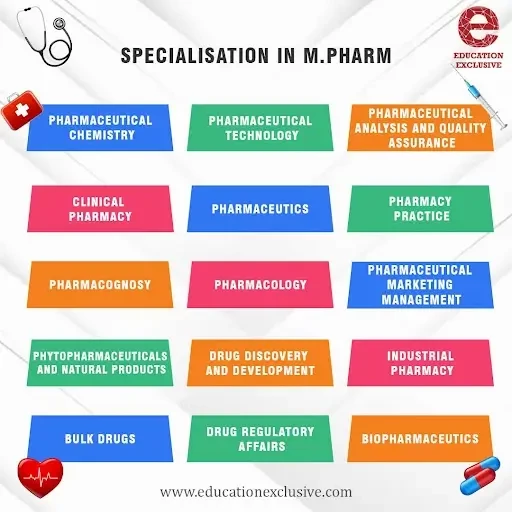
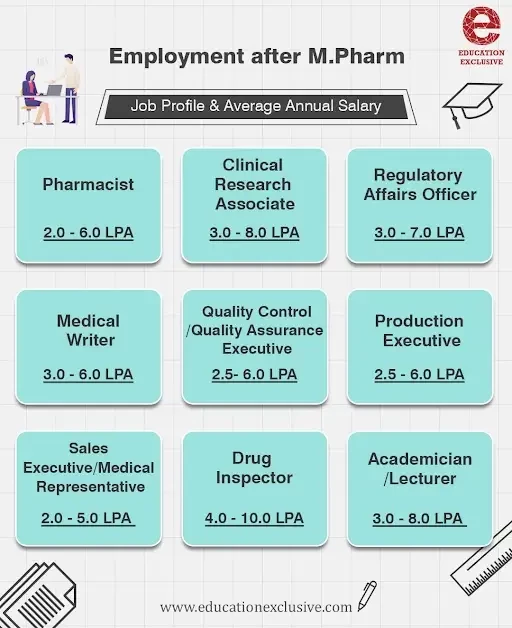
FAQs
- Is a PhD in Pharmacy a good option after M.Pharm?
PhD in Pharmacy is the best option for students after M.Pharm if they are interested in pursuing further research to gain insights into the field of Pharmacy. Securing good scores in M.Pharm is also an added benefit to apply for a PhD in Pharmacy. A PhD holder in Pharmacy can either go for academics or other industry-related high profile jobs.
- What is the highest salary after M.Pharm?
The highest salary for M.Pharm graduates ranges from INR 4 lakhs to INR 8 lakhs. The average salary ranges from INR 2 lakhs to INR 5 lakhs.
- Is M.Pharm worthwhile?
There is a lot of scope for M.Pharm graduates. They can find work in clinical hospitals or pharmaceutical companies. Recently, the field has been soaring with better drug research, patents or clinical trials, and even consultancy.
- Is M.Pharm difficult?
Yes, the course can get challenging. It deals with the analysis and study of drugs and their uses. If a person has interest in Pharmacy then it will be easy.
- Am I a doctor if I study M.Pharm?
As per PCI instructions you can only use the Dr prefix if you have studied the Pharm D course. With the M.Pharm you will not be considered a doctor.
Other medical courses and specialisations: -
M.D, MBBS, B.Pharm, M.S, B.Sc, Diploma, M.Sc, Dental, Paramedical, Pharmacy, Dietetics & Nutrition, Ayurved.

